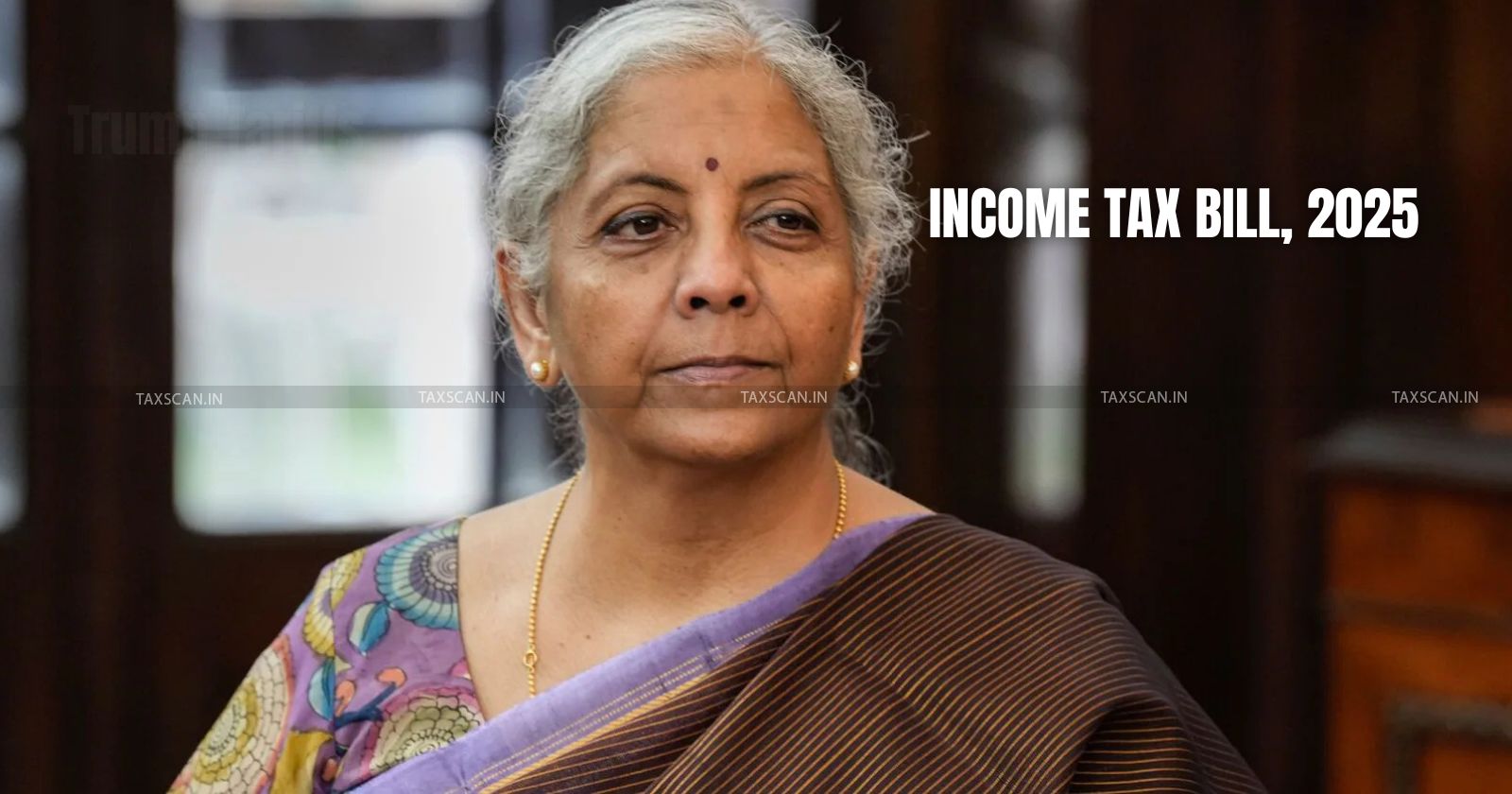ADGCEI Lacks Authority to Issue SCN in Customs Case Without Clear Territorial Jurisdiction: Madras HC [Read Order]
The argument that the ADGCEI is assumed to have all India jurisdiction in the absence of any restriction on the jurisdiction under the subject Notification does not appeal, said the bench
![ADGCEI Lacks Authority to Issue SCN in Customs Case Without Clear Territorial Jurisdiction: Madras HC [Read Order] ADGCEI Lacks Authority to Issue SCN in Customs Case Without Clear Territorial Jurisdiction: Madras HC [Read Order]](https://images.taxscan.in/h-upload/2025/08/09/2074710-adgcei-lacks-authority-adgcei-lacks-authority-to-issue-scn-taxscan.webp)
The Madras High Court has confirmed that the Additional Director General of Central Excise Intelligence ( ADGCEI ) cannot issue a show cause notice ( SCN ) in customs matters without a clear and specific conferment of territorial jurisdiction in the enabling notification.
While dismissing the Revenue’s appeal, the Division Bench of Dr. Justice Anita Sumanth and Justice N. Senthilkumar upheld the Customs, Excise and Service Tax Appellate Tribunal’s (CESTAT) decision quashing the SCN issued against importers of used photocopier components.
The ADGCEI, relying on Notification No. 31/2000-Cus. (NT) dated 09.05.2000 as amended by Notification No. 69/2000-Cus.(NT) dated 23.11.2000, issued an SCN under the Customs Act, 1962 alleging duty evasion and proposing confiscation.
The assessees objected, contending that the notification did not vest the ADGCEI with all-India territorial jurisdiction, making the SCN ultra vires.
Comprehensive Guide of Law and Procedure for Filing of Income Tax Appeals, Click Here
The Court, after examining the statutory scheme under Sections 2(34), 4 and 5 of the Customs Act, held that jurisdiction could not be presumed merely from the officer’s designation or rank. The Bench observed that “Jurisdiction, in our view, cannot be assumed and has to be specifically conferred… a ‘proper officer’ of Customs for purposes of Section 28 of the Customs Act should be an officer of Customs with both territorial and pecuniary jurisdiction.”
It was noted that while other cross-empowerment notifications expressly mentioned territorial jurisdiction (including all-India jurisdiction where intended), the impugned Notification No. 31/2000-Cus. (NT) did not. Due to this omission and the lack of a follow-up order under Section 5 defining jurisdiction, the ADGCEI is incompetent to issue the SCN.
While rejecting the Revenue’s contention that territorial limits were optional since Section 5(4) uses the word “may”, the Court clarified that “We do not agree that such stipulations are optional. It is incumbent upon the Board to specify the territorial limits subject to which such officer of Customs may exercise the powers conferred on him under the Act.”
Comprehensive Guide of Law and Procedure for Filing of Income Tax Appeals, Click Here
It was noted that “In the present case, the subject Notification under which the ADGCEI derives powers to issue show cause under Section 28(1) of the Customs Act does not specify any territorial jurisdiction and without such specification, he cannot be seen to be a ‘proper officer’ as required under the Customs Act.”
“The argument that the ADGCEI is assumed to have all India jurisdiction in the absence of any restriction on the jurisdiction under the subject Notification does not appeal” , said the bench.
The court agreed with the observation of the CESTAT and the appeal of the customs was dismissed.
Support our journalism by subscribing to Taxscan premium. Follow us on Telegram for quick updates



